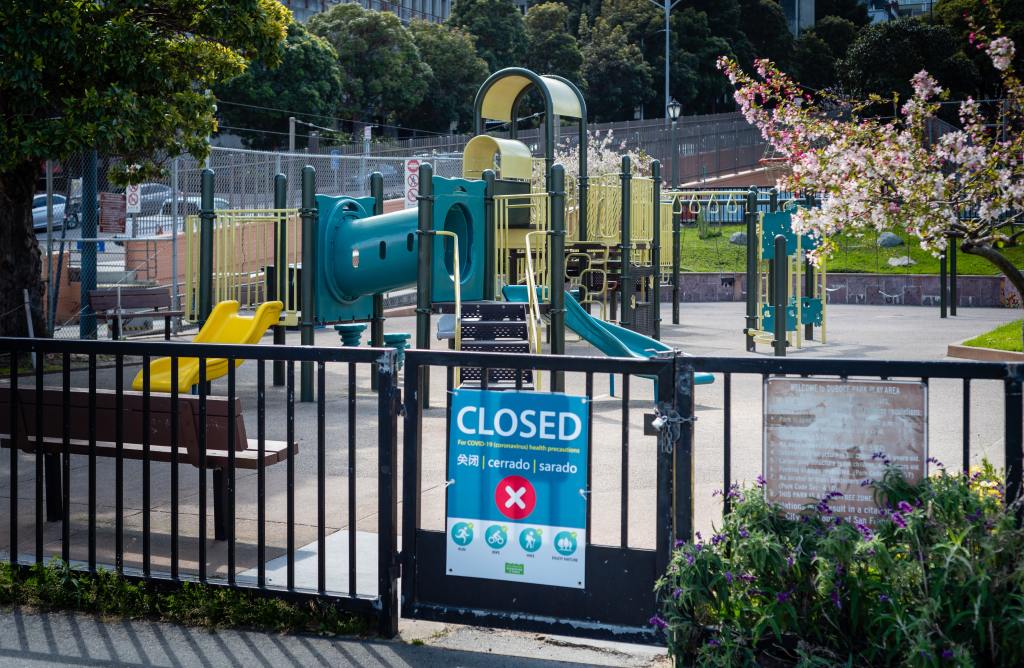Of Christmas and Easter
April 15, 2022 Leave a comment
Photo by Tim Gouw on Unsplash
Christmas, in all its depth, is marvelous. It gathers together a world, nay, a universe of goodness. It also attracts that which may not be so good, but in this world that can be said of nearly all good things. Love, which is the greatest virtue of all, attracts a plethora of counterfeits, some of which are cheapened varieties of love, too many of which undermine love. Many broken marriages so teach us.
I love Christmas, because I love Easter. It is from Easter that Christmas derives its profound meaning and joy. The depth of meaning and joy involved in Easter is unfathomable, yet there is joy in seeking to fathom it.
All goodness and happiness in life and this world are founded upon what Jesus Christ suffered and accomplished in those last few days of His mortal life, His brief experience in the world of the dead, and His resurrecting entrance into eternal life. The ancient prophet Lehi taught that everything has its opposite. To his son, Jacob, he said, “there is an opposition in all things,” nothing excepted, “neither holiness nor misery, neither good nor bad.” (2 Nephi 2:11) Christ plumbed the absolute depths of evil, suffering all of the pain, sorrow, and the effects of evil for all, and then overcame it all.
Consider what it means when Jesus Christ’s perfect love for all the Father’s children meets with His omniscience, His knowledge of everything, before, then, and since. Consider all your sorrows, and comprehensively combine them with the sorrows of all who ever lived and all who will ever live. To Christ that whole weight was fully and completely revealed. Christ considered and knew and experienced. In so doing, He earned in the balance of justice an infinite supply of mercy that he offers to you and me.
Thereby consider the opposite to the sorrow, a fullness of joy that overwhelms that weight. No wonder when, shortly after His resurrection that guaranteed the resurrection of all, Christ met with a multitude of disciples who loved Him as much as those who wanted Him crucified hated Him. Beholding these disciples, Jesus blessed their sick, one by one. Surround by their children, He said, “And now behold, my joy is full.” How much would it mean for the Creator of the world, to experience fullness of joy?
Filled with that joy, Christ “wept, and the multitude bare record of it”. Then Jesus “took their little children, one by one, and blessed them . . . And when he had done this he wept again . . . and said unto them: Behold your little ones.” (3 Nephi 17)
Christmas is a delight, because Easter is a joy, and Christmas points us to it.
I have heard that before the days of Lenin, it was customary for Russians to greet each other on Easter with the words, “Khristos voskres!” To which the reply would be “Voistinu voskres!” Christ is risen! Indeed, He is risen! I understand that many in Russia have resumed that Easter greeting. There is rejoicing that can lead to a fullness of joy for each of us, everywhere.



